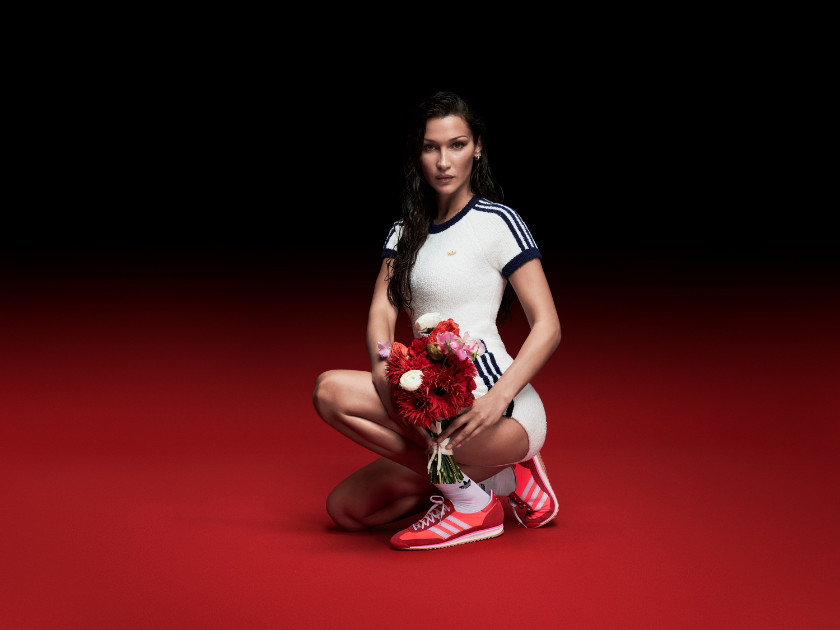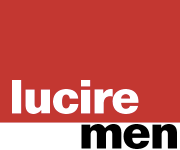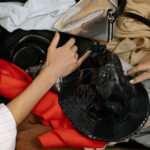When you look at Pierre Cardin’s output over his decades in the business, the most fashion-forward items were in the 1960s, though even his early postwar designs showed innovation. It’s tempting to generalize and say that if fashion reflects society or taps into a Zeitgeist, then the most fashion-forward designs occur when there is great innovation, or a mood for innovation. And right now, that doesn’t seem to be particularly present in occidental society. Innovation is being stifled by companies with monopoly powers in some industries. The fashion industry knows that “AI”, for instance, is hardly an inspiration for a collection, and it’ll be a bubble that could pop before the season arrives.
In the fashion world, many luxury brands have not carved out unique meanings. Go to an airport and the multitude of luxury brands, most owned by multinationals, seem to be serving up the same: priced highly, hoping that the brand justifies the premium, but not telling the customer exactly what its meaning is.
It’s all very well to have histories and legacies, but even these need refreshing, with new chapters added that excite the audience. But when economic times are uncertain, when a brand is part of a larger portfolio, there is a tendency to play things too safely. They go through the motions of catwalk shows and retailing. Nothing is really added to the story in the way their founder’s lives did.
There have been exceptions, of course: Karl Lagerfeld brought his own personality to the brands he helmed, such as Chanel. But so many chief creatives today keep their noses clean, letting the corporate communications speak for the brand. Fewer engage celebrities compared to 10 years ago, again a sign of sanitizing a brand lest a celeb’s opinions affect a campaign. Rarely do you see incidents such as Bella Hadid speaking out against Adidas in its SL72 retro trainers’ campaign recalling the 1972 Olympics in München—the ill-fated games when Palestinian militant group Black September murdered 11 Israeli athletes and a German police officer.

Adidas
Hadid, who has Palestinian roots, stated, ‘Palestine is not synonymous with terrorism, and this campaign unintentionally highlighted an event that does not represent who we are.’
She added, ‘I will forever stand by my people of Palestine while continuing to advocate for a world free of antisemitism.’
Adidas, which had used Hadid to front the campaign, removed her from it.
However, the episode probably served both parties well, with Adidas modifying the campaign and apologizing, showing initiative, while Hadid remained true to her beliefs and her personal brand.
Ultimately, this was a retro campaign, one that looked through Adidas’s rear-view mirror.
You have to take chances in marketing and branding for there to be any visibility. Adidas’s one here was accidental.
The truly exciting stories may have to come from either smaller, independent brands which aren’t being held back by corporate agenda. We often cover them in this title. Or they come from countries which are forging ahead with their stories, which in turn inspire their nationals to create.
Dubai’s Museum of the Future is a symbol of the Emirate’s forward-thinking, with its distinctive torus shape, its windows taking the form of calligraphy by Matar Bin Lahej expressing a poem about the future, written by the Ruler of Dubai, HH Sheikh Mohammed bin Rashid Al Maktoum. Opened in 2022, it is arguably the Emirate’s most distinctive structure, rivalling the record-breaking Burj Khalifa. One cannot help but be inspired by the architecture and the meanings behind it. Saudi Arabia, with its major projects as part of its Vision 2030 programme, is energizing its nationals to do the same.
When you welcome and embrace creativity and innovation, there are effects on the rest of the population. Places in the Gulf have that opportunity, especially while the occident lays dormant, unbridled capitalism without sufficient checks on monopoly powers, or financial prudence, having failed to deliver the gains that were promised.
Jack Yan is founder and publisher of Lucire.










Leave a Reply